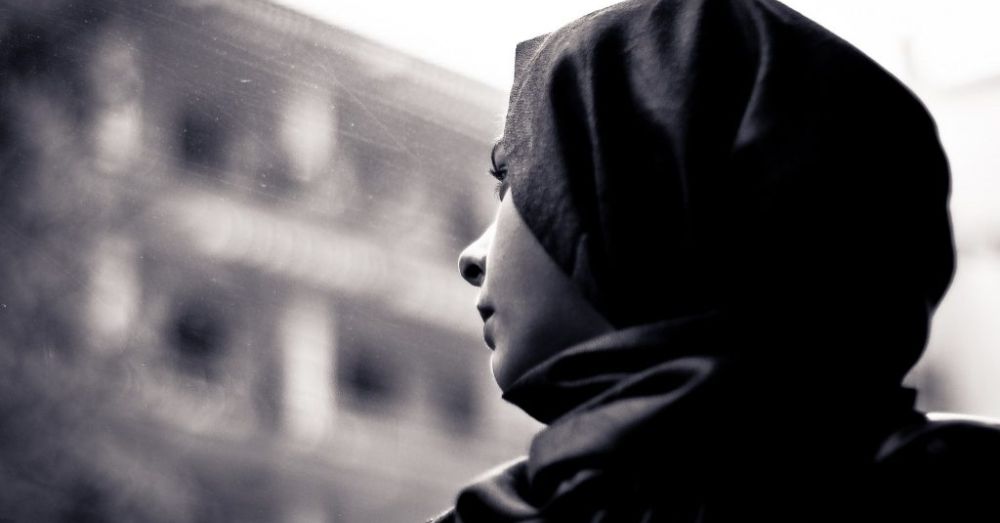As an Indian raised in a Muslim family that upholds the values of Islam as “submission to the will of God,” I have been fortunate to experience a diverse and inclusive upbringing. My forefather’s belief in the importance of coexistence and his interactions with people of different religions during their service in the government has shaped our family’s outlook. Our home has always been open to people from all walks of life, and we have cherished the support and friendship of individuals from various religious backgrounds. This rich diversity has instilled in me a sense of unity and the significance of harmonious living.
Throughout my education in secular schools and government colleges, I have been blessed not to encounter direct discrimination based on my religion. Part of this might be attributed to my choice not to practice the naqab/burkha/hijab, which could have led to misconceptions or misunderstandings in certain situations. However, the absence of discrimination is not a reason to overlook some communities’ existing social challenges.
As a grown-up ready to invest in my first property in Lucknow, my secular well-wishers have advised me to consider areas where Muslims reside or where there is a mix of populations. Initially, I dismissed this advice, wanting to live in posh neighborhoods with broad roads and urban amenities devoid of sectarian bias. However, separate outbreaks of violence last week, including the shooting of three Muslim men by a Railway Protection Force (RPF) constable on a train, have exposed the deep communal fissures in India weeks before it welcomes Group of 20 (G20) leaders to the capital.
During a recent conversation, a senior government official posted in Haryana in the early ’90s made some troubling remarks. He mentioned that he knew Muslims from the Mewat region who celebrated Diwali by lighting lamps in Mosques, displaying their secular nature. However, he also commented that some of them have apparently been influenced negatively by certain teachings in Aligarh and earning money through driving and other professions and building huge mansions, which he perceives as causing a decline in their judgment.
These comments raise concerns about the perception of minorities and whether they are being treated as second-class citizens. Additionally, it raises the question of whether there is an implied suggestion for them to live in isolated ghettos. Such attitudes are disheartening and contrary to the principles of a diverse and inclusive society. These recent events involving the targeted killing of Muslims in instances have left me deeply troubled and contemplating my choices.
In India, Hindus, Muslims, Christians, Sikhs, and individuals from diverse backgrounds must embrace peaceful coexistence as their only option. When any community suffers, it affects all others, and the entire country suffers. Notably, a 2010 National Council for Economic Research report unveiled that 31% of Muslims lived below the poverty line. Moreover, a 2013 survey conducted by an organization under the Ministry of Statistics and Program Implementation of the Government of India revealed that Muslims ranked as the country’s most economically disadvantaged religious Group.
Muslims are concentrated mainly in self-employment and lesser in regular salaried employment, which often comes with social security. Muslim workers are engaged in low-tech industries such as manufacturing apparel, textiles, tobacco, and leather products. In addition, Muslims occupy the lower rungs of occupations such as salespersons, drivers, street vendors, mining and construction laborers, transport laborers, and freight handlers, which explains their poor economic status.
Their marginalization is further exacerbated by stiff competition with other dominant religious groups, poor capital investment, and lack of direct access to output markets directly. A society divided by internal conflicts cannot flourish. The prosperity and economic development of each of us hinge on maintaining peace and harmony. It is perplexing why so many people struggle to grasp this fundamental truth.
The official silence over sectarian assaults and rhetoric is encouraging for the radical/fringe groups, and such attacks have become “more brazen.” The radical interpretation of the Vedic religion has left my friends and colleagues feeling repulsed; they contemplate relocating from India, and those already studying or working abroad are reluctant to return. Even
my younger cousins, who are actively contributing to the nation-building process and are alums of prestigious Indian institutes, find themselves grappling with feelings of apprehension, fear, and uncertainty. In the face of such adversity, the question arises: What should a Muslim youth do? I am unsure, but I know what all youth must do.
The first step is to educate ourselves and others about India’s diversity and pluralistic nature. Engage in dialogues with people from different backgrounds to foster understanding, compassion, and empathy. By spreading awareness, we can debunk stereotypes and prejudices that fuel discrimination.
Standing united with fellow citizens, irrespective of their religious affiliations, is crucial in challenging times. We should strive to build bridges and strengthen relationships between communities, reinforcing the idea that we are all part of one diverse and vibrant society.
Active participation can empower individuals to bring about positive change. By joining hands with like-minded individuals, we can work towards building a society that values inclusivity and respect for all. As we grow, we may encounter discrimination or bias. Addressing these issues calmly and assertively is essential in advocating for equality and justice.
Engaging in peaceful conversations can help challenge misconceptions and encourage a more accepting environment. Actively participate in interfaith initiatives to promote harmony and cooperation between religious groups. These interactions can help break down barriers and build lasting friendships, fostering a sense of unity and shared values.
“The road to Auschwitz was built by hate, but it was paved with indifference“: Kershaw
In conclusion, being a youth in India fosters unity and bridges the gaps that divide us. Our nation’s strength lies in its diversity, and by embracing it, we can overcome challenges and build a more inclusive and harmonious society. Let us stand together, hand in hand, to create a future where discrimination and hatred have no place and the values of love and understanding prevail.
